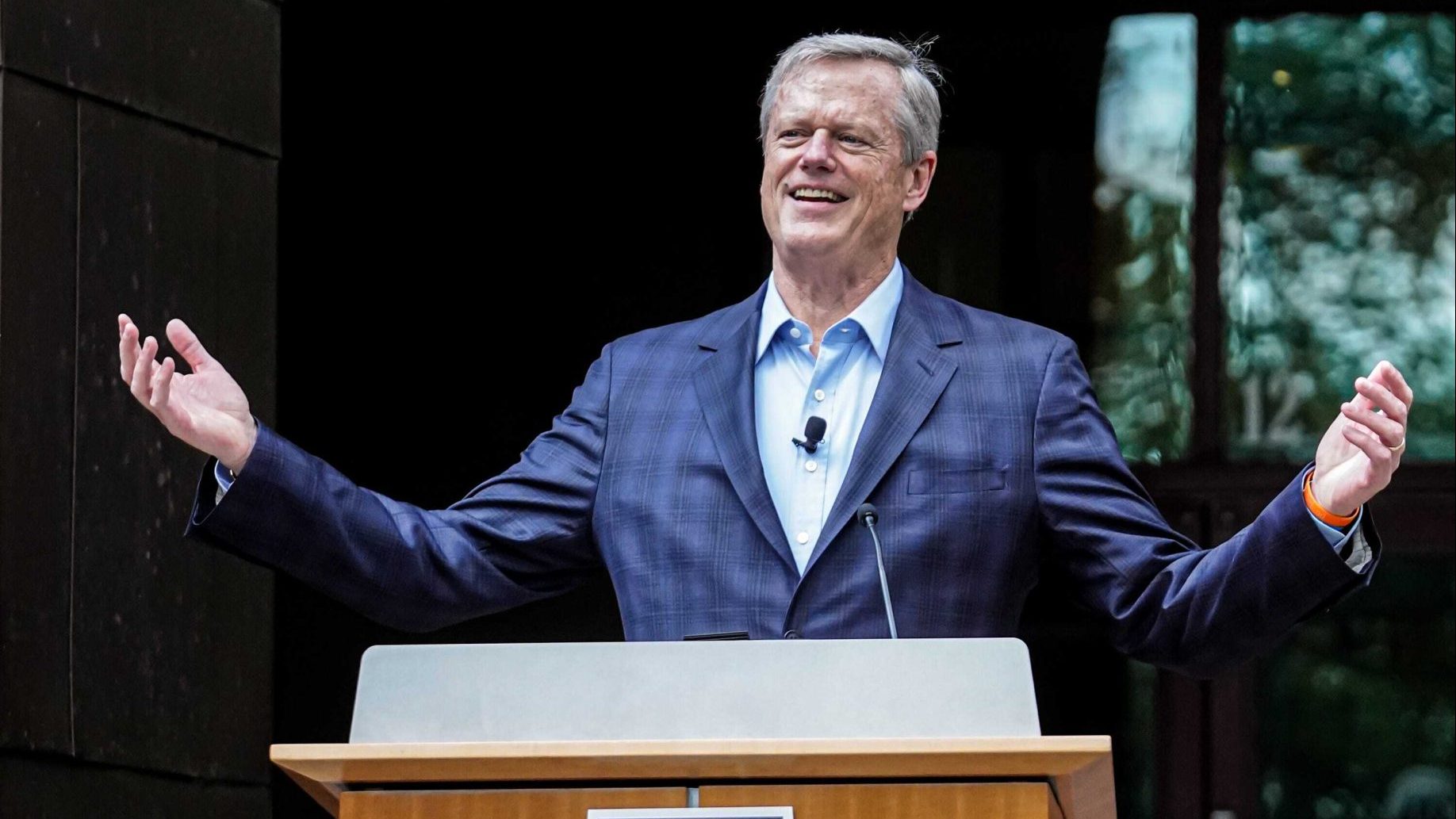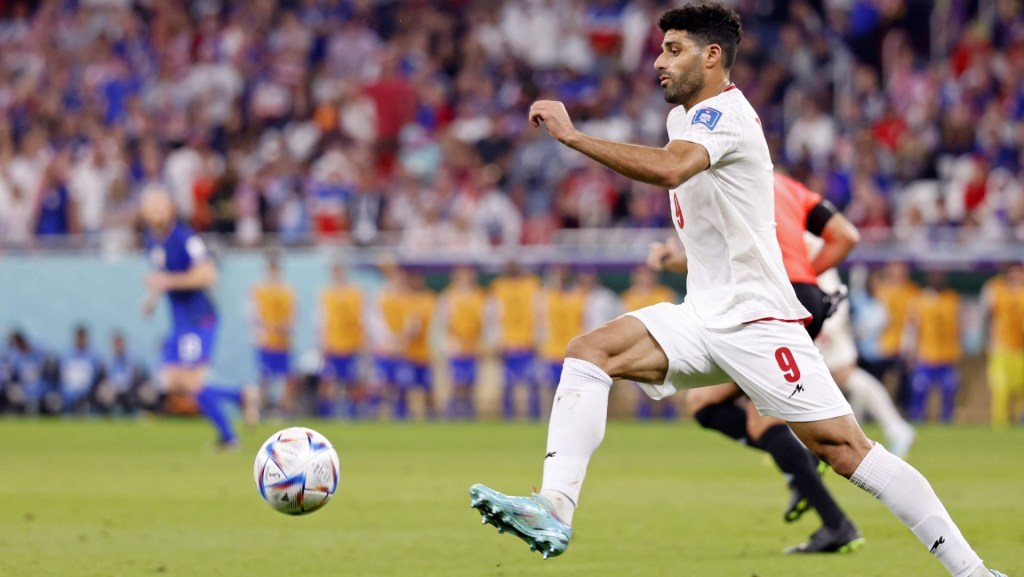When a media report in May leaked details of the House v. NCAA settlement proposal, Division I commissioners were in shock. They had just met with Charlie Baker in a Division I–wide meeting, a source told Front Office Sports at the time, during which the NCAA president refused to divulge details. The commissioners outside the Power 5 learned of the specifics only from this media report—and found the terms wildly unfair.
Three months later, however, those commissioners have changed their tune. By and large, they’ve decided to support the settlement proposal, with no formal plans to object, commissioners tell FOS. They hope the price they’ll pay with the settlement will help to preserve amateurism.
“I am thoroughly convinced that the notion of settling versus not settling … that settling is the best option—and President Baker has made that very clear,” West Coast Conference commissioner Stu Jackson tells FOS. “The alternative could have effectively destroyed college athletics.”
The House case was first filed in 2020 against the NCAA and Power 5, alleging athletes should be paid damages for not being able to participate in NIL (name, image, and likeness) before 2021—and suggesting the definition of NIL should be expanded to include things such as broadcast rights.
The settlement proposal, which was officially filed in July, includes multiple elements that administrators largely approved. For example, power conference schools will be able to share revenue, considered “broadcast NIL rights” with players up to a cap of around $22 million per school per year. Athletes won’t be able to sign NIL deals above $600 without approval from a third party measuring “fair market value.”
But the main issue for non-power conferences was how the settlement laid out damage payments. The terms suggested the NCAA and power conferences share the cost of the $2.8 billion in NIL back-pay to current and former players. The NCAA will fund a portion of its damages by reducing the annual distribution amounts from D-I conferences totaling $990 million for the non-power leagues. The West Coast Conference would lose $4 million annually, for example, while the Big East would lose $6 million, according to ESPN.
The commissioners of those leagues found the proposal unfair not only because they weren’t consulted, but also because they weren’t named defendants in the lawsuit. “Based on the numbers we have reviewed, the liability of the 22 non-FBS conferences under the proposed formula appears disproportionately high,” Big East commissioner Val Ackerman wrote in a letter in May. She suggested an alternate structure that was less cumbersome for leagues like hers. But the letter did not change the NCAA and power conferences’ minds, and they went forward with the settlement proposal as suggested.
Since then, however, Baker has been able to calm his members: He’s convinced the rest of D-I to fall in line for the greater good of college sports.
Yes, the settlement will cost the conferences money. Although the WCC’s Jackson says they haven’t worked out how much specifically, he calls the general financial burden “onerous, but not catastrophic.” Southland Conference commissioner Chris Grant tells FOS it’s “a haircut.”
“The financial hit—it does impact us,” Mountain West commissioner Gloria Nevarez adds. “But we’ll survive.”
In exchange, the NCAA will hopefully be able to work its magic to keep an employment model outside college sports. The NCAA has said it plans to bring an approved House settlement to Congress to be used as a “road map” for a federal law that not only codifies the settlement terms, but also prevents athletes from being deemed employees.
Nevarez cites a host of other benefits: The NCAA can pay the settlement damages over time, versus coughing up billions of dollars immediately after losing at trial. It allows for revenue sharing that many in college athletics, including Nevarez, are in favor of. The settlement itself also makes it so that any athlete who signs on can’t sue the NCAA for issues addressed in the settlement, like roster limits, unless the judge approves it.
(This doesn’t, however, protect the NCAA from every lawsuit going forward.)
A preliminary approval hearing for the settlement will take place Sept. 5. During the process, the conferences will not fight it. Instead, they’ll spend their energy trying to calculate how much money they’ll lose, and then how they can fill those gaps over the next 10 years of the damage payments.
“A settlement had to happen. We wanted the settlement to happen,” Grant says. “We’re going to move forward and not cry over spilled milk.”







![[Subscription Customers Only] Jun 15, 2025; Seattle, Washington, USA; Botafogo owner John Textor inside the stadium before the match during a group stage match of the 2025 FIFA Club World Cup at Lumen Field.](https://frontofficesports.com/wp-content/uploads/2026/02/USATSI_26465842_168416386_lowres-scaled.jpg?quality=100&w=1024)
![[Subscription Customers Only] Jul 13, 2025; East Rutherford, New Jersey, USA; Chelsea FC midfielder Cole Palmer (10) celebrates winning the final of the 2025 FIFA Club World Cup at MetLife Stadium](https://frontofficesports.com/wp-content/uploads/2026/02/USATSI_26636703-scaled-e1770932227605.jpg?quality=100&w=1024)








